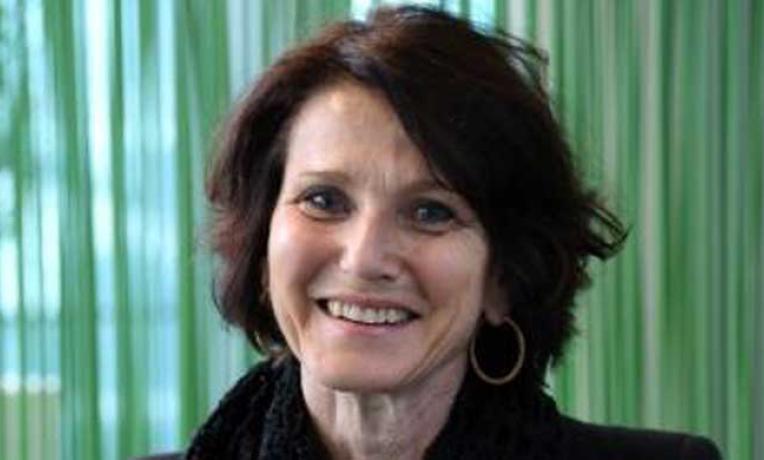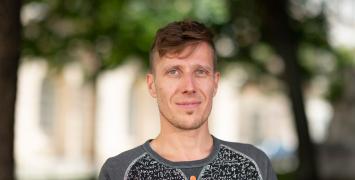Open Science - Editorial from ERC Scientific Council

Open Science aims to transform current scientific practices into a fully transparent and open system, in which all scientific advances are made available not only to the entire scientific community, but also to society at large. A significant bulk of the scientific knowledge generated worldwide is supported by public money, and in many cases, entails scientific and social collaboration. Thus, it seems obvious that this knowledge should belong to society, with no restriction or cost to its immediate accessibility.
Since its inception, the ERC has embraced the principles of Open Science (OS) as part of its main mission, which is to support excellent research in all fields of science and scholarship. The ERC believes that one aspect of excellence is providing free, immediate access to all outputs (research papers, monographs, data sets, protocols etc.) generated by researchers funded by the ERC. OS not only enhances the visibility of output, but also provides opportunities to create collaborations or transfer ideas to the productive sectors, and ultimately results in societal wellbeing.
This culture has permeated throughout the ERC community, despite the fact that throughout Horizon 2020 – the EU’s research funding programme from 2014 to 2020 – there was no requirement for immediate open access (OA) to publications. Indeed, a recent report released by the European Commission shows that ERC grantees have provided OA to 88.4% of their peer-reviewed publications. The figures related to dataset deposition according to the FAIR principles (in which data must be findable, accessible, interoperable and reusable) are less convincing, but this may not be due to the grantees’ attitudes.
Under Horizon Europe OS requirements have become more demanding
Under Horizon Europe – the EU’s research funding programme from 2021 to 2027 – OS requirements have become more demanding. Indeed, in line with the rules common to all programs within Horizon Europe, the ERC now requests immediate OA to publications, under an open licence, with full re-use rights.
As simple and intuitive as the concept of OS is, it is less obvious how it can be achieved. OS poses many practical challenges to the scientific community and related organisations. Aware of this problem, in 2009 the ERC created a dedicated OS working group composed of members of the ERC’s Scientific Council who represent the three scientific domains, with the crucial support of dedicated experts from the ERC’s Executive Agency (ERCEA). The working group analyses the challenges faced by researchers that relate to OS in general. It also addresses those that are specific to a given domain, given that each domain has its own peculiarities.
each domain has its own peculiarities
The working group’s remit includes the suggestion of possible approaches to researchers, again, sometimes adapted to the specific needs of a given domain. The entire Scientific Council then considers these suggestions.
OS provokes a number of questions. Whether and how can the move to OS take place while still preserving the rigorous peer review necessary for excellent and trustworthy science? What is the impact of OS on scientific careers, in particular those of researchers who are still at the early stages of their careers? Are current procedures adequate to assess researchers’ performance? Can OS policies be implemented with positive results in all countries? Do they represent a more significant challenge for researchers in low- or middle-income countries, where research is already underfunded? How available are trusted "repositories” – in all areas of science and scholarship – to support the increasing demand linked to OS? Who supports their running costs and is their funding sufficient?
Many other questions can be posed. In many cases their solutions do not seem immediate. The ERC is actively working on these questions and has taken some measures to respond to them. For examples, we have recently signed DORA to underscore our long-standing position on what matters in the evaluation of a proposal. Rather than considering the venue in which their work is published, it is the ground-breaking nature of the applicant’s ideas and the scientific qualities of their work that count.
This is a small step forward to realistic implementation of OS. Eliminating the (un)conscious scanning of the journals that appear in a track record of publications - that we (scientists) always do – remains the biggest challenge to meet. This will require time and coordinated effort, not only from granting agencies but also from universities, research institutions, publishers and more, and across the world. Increasing the availability of suitable repositories is the next big challenge.
realistic implementation of OS will require time and coordinated effort, not only from granting agencies but also from universities, research institutions, publishers and more
In this edition of the ERC Magazine, the Scientific Council attempts to draw attention to these important issues. We also aim to raise awareness, and inform the scientific community about the importance of OS and its potential benefits for all, starting with scientists themselves.
With this idea in mind, OS expert Peter Suber has kindly accepted to educate us in the importance of retaining one's copyright when publishing. There is no better person for this task! ERCEA specialists have also put together some practical advice on OS policies, for ERC funded researchers. Finally, the Finnish-born physicist and Starting Grant winner Toma Susi shares his experiences and opinions.
We hope you enjoy this informative edition of the ERC Magazine!
Paola Bovolenta
Member of the ERC’s Scientific Council
Chair of the ERC’s Working Group on Open Science




